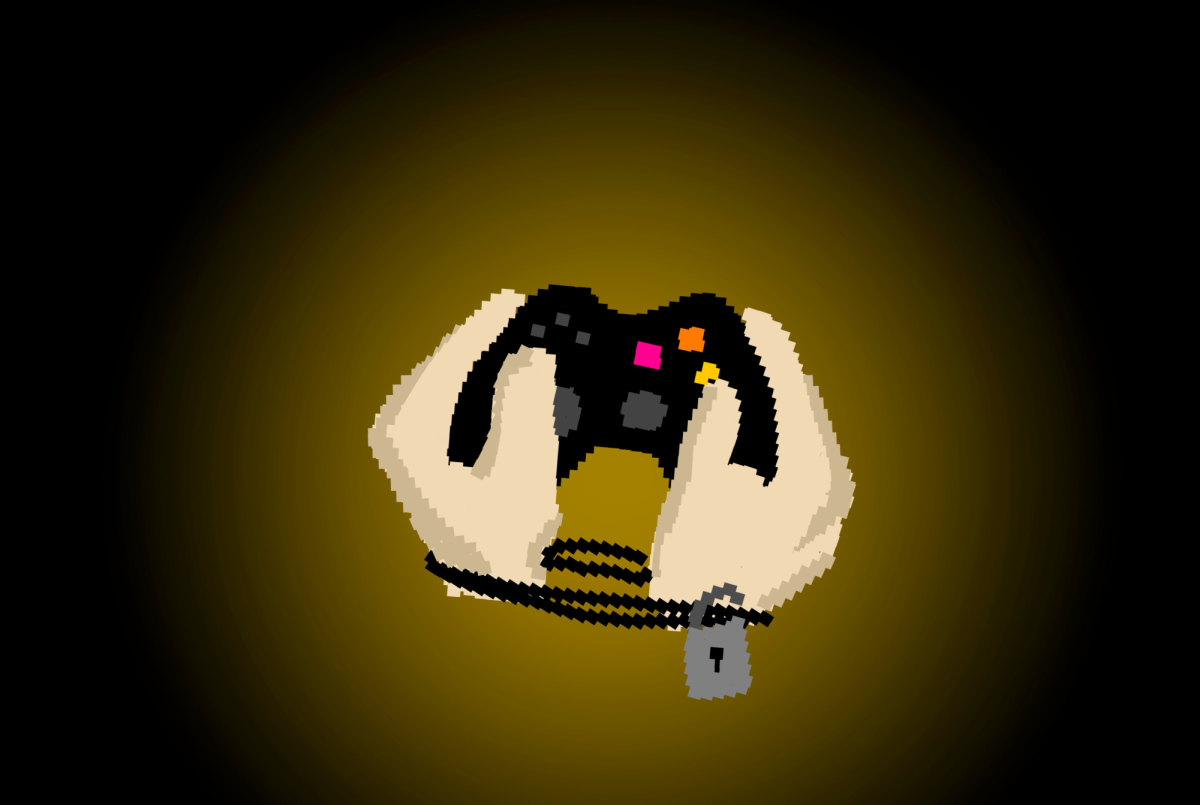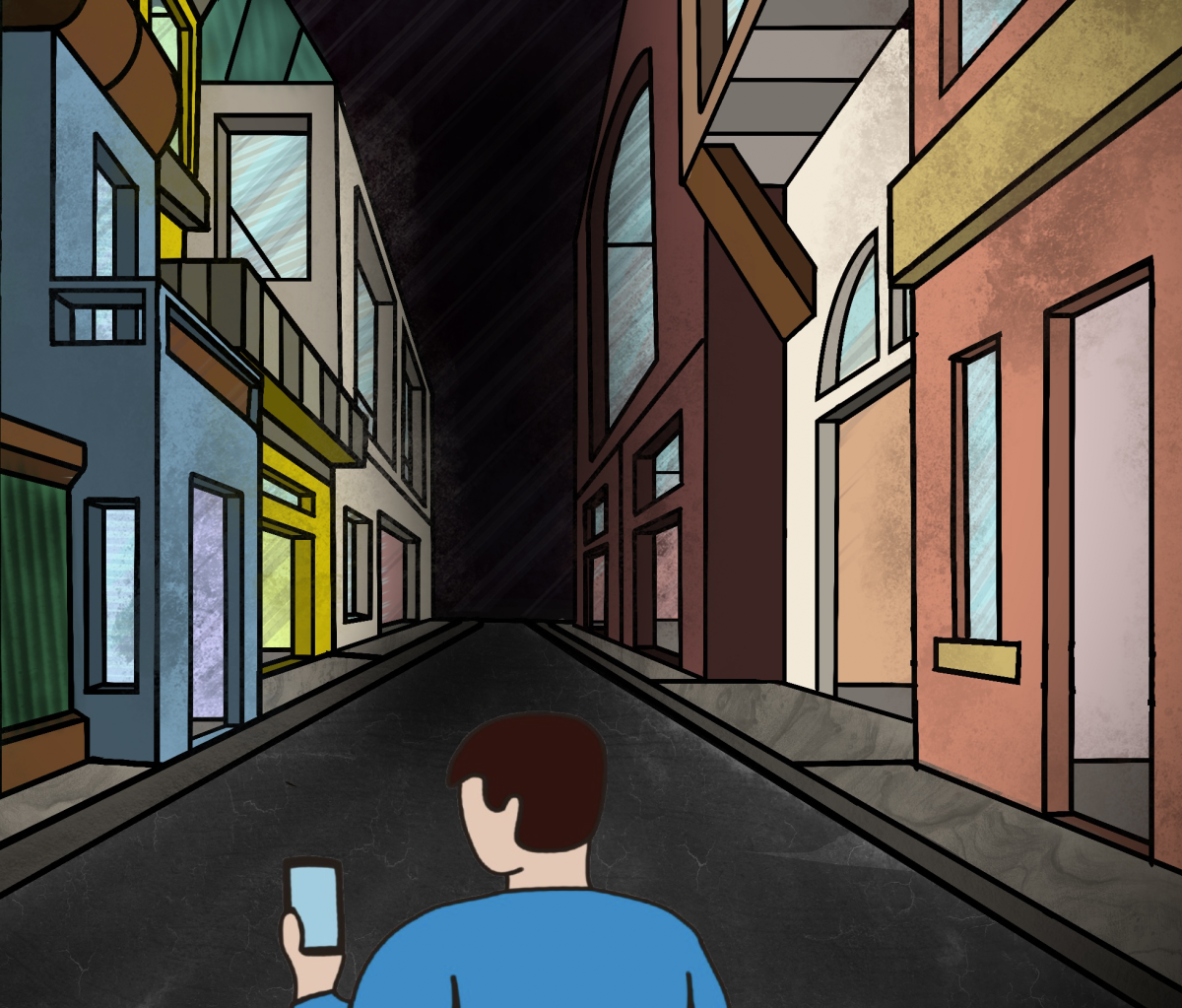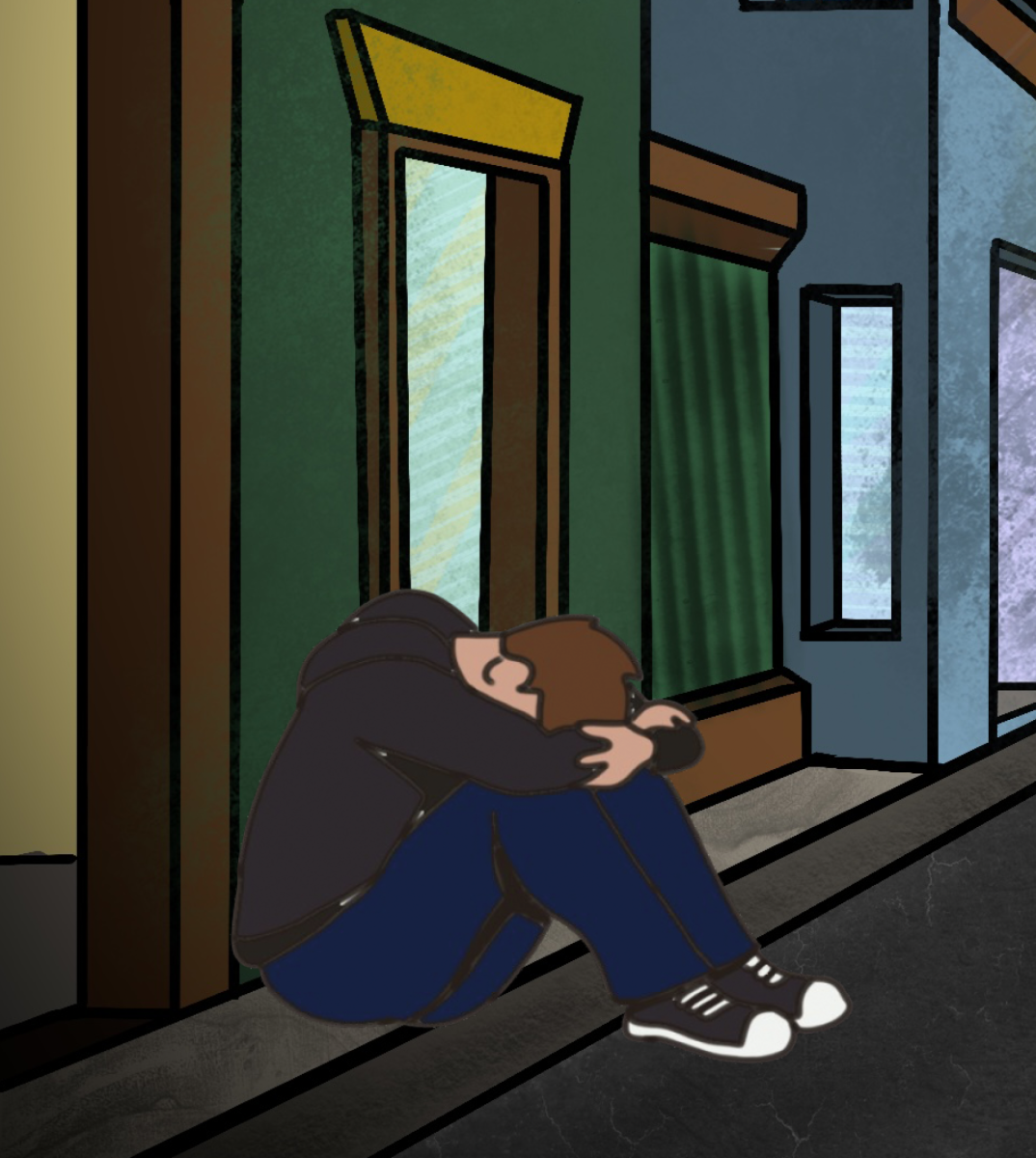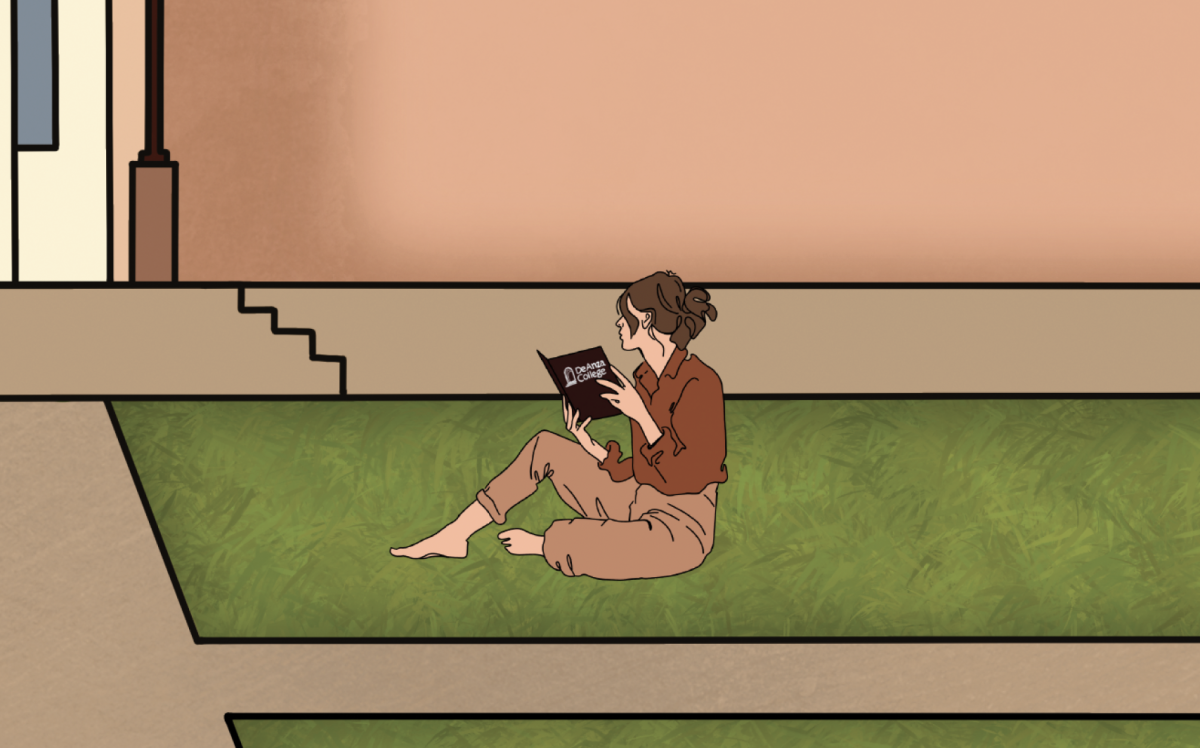In today’s digital age, people play video games for fun, as hobbies and even as jobs. Their popularity, specifically among teens, has skyrocketed throughout the years. According to video game industry company, Theesa, 20% of gamers are under the age of 18. Although teenagers may think playing is fun and relieves stress, there is a risk of becoming addicted.
Just like alcohol or nicotine, video games can harm a person’s mental and physical well-being if they are unable to quit. Playing an excessive amount can also be detrimental to one’s social intelligence, which can make it harder to grow personal connections or strengthen relationships. According to Mayo Clinic, some of the physical effects of long-term video gaming include obesity, insomnia, eye strain and back problems. Some of the mental health effects are behavioral problems, violence, anxiety and depression.
A big reason why video game addiction occurs in teenagers is because of dopamine release. Dopamine is a hormone in your brain that gives you a sense of pleasure when doing something, which is also the main cause of many other addictions. If a teen experiences hyperarousal, which is a heightened state of energy while playing video games, then the brain associates those games with dopamine, causing the teen to develop a strong drive to play repeatedly. The more dopamine that is released inside the brain, the more likely it is for that person to repeat that behavior, which can make it seem impossible for some teenagers to stop.
For students, attachment to these games can lead to problems with concentrating on work at school, or fully grasping the concepts they are learning. This is due to the fact that playing an unhealthy amount can lower your attention span. Some teens even play during school hours.
“When it’s something that happens during class time, that’s not great because if we’re trying to listen or doing a lot of group activities like playing a game, then we cannot have our attention diverted between two things,” FHS geometry teacher Alissa LaFerriere said. “During class, I really want them focused on what we’re working on and understanding.”
What can start as an interest and cure to boredom, can grow into a concerning matter that disturbs one’s relationships, habits and environment. So as video games continue to be a part of our society, it is important to understand the impact they have on one’s lifestyle and to keep a balance between the virtual world and reality.




















